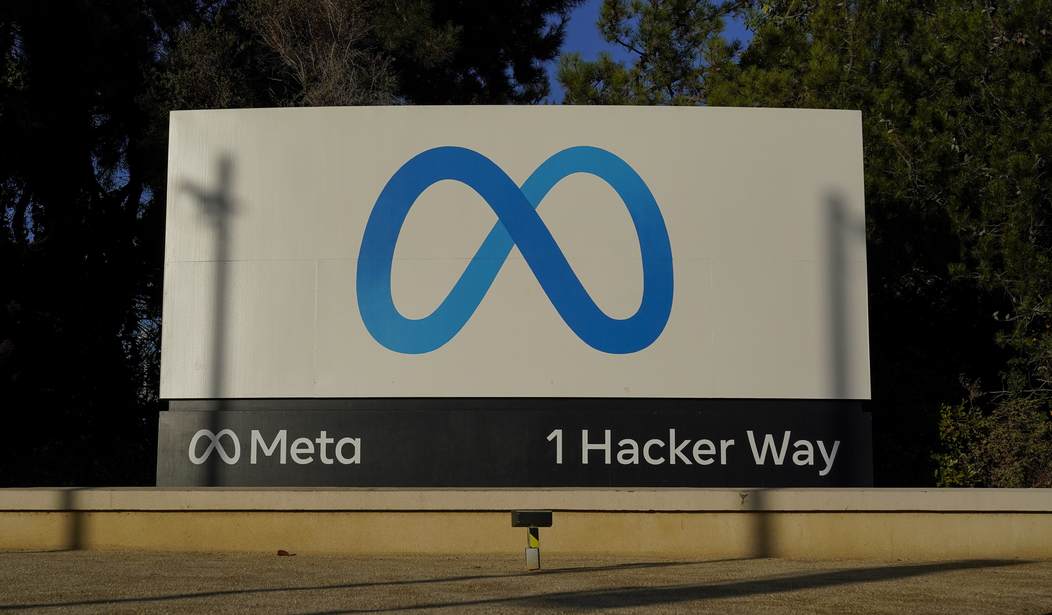If the long, arduous process of securing permits for energy infrastructure wasn’t on Big Tech's radar a few months ago, it certainly is now. The enormous energy demands of Artificial Intelligence (AI) have been well-documented over the past few months. This topic first began circulating in mainstream media with a Washington Post long-form article in March declaring that “America is running out of power” due to AI energy demands. Since then, countless experts have chimed in to espouse the precarious position of our electrical grid in the age of AI.
AI has significantly increased energy consumption. Right now, utilizing large AI models such as GPT can consume as much electricity as 1,450 average U.S. households per month. Looking to the future, this demand could grow exponentially as larger models are built and AI is more integrated into people’s daily lives. For example, if AI becomes integrated with the 9 billion daily online searches, the electricity demand of that alone would equal the amount consumed by 1.5 million households. The spike in demand driven by AI is also part of a larger trend, as data centers, electric vehicle (EV) battery factories, and chip plants are all contributing to the fastest increase in electricity consumption in the U.S. since the 1990s.
The implications of this surge in energy demand are profound. As the Washington Post ominously warned a few months ago, U.S. electric grid stability is in jeopardy. Utilities and regulators are struggling to adapt to the rapid need for additional energy. For instance, Dominion Energy in Virginia, a state known for its high concentration of data centers, had to temporarily halt new data center connections due to the overwhelming demand. Other companies that manage electrical grids have also warned that the U.S. power generation is not keeping up with demand and that new regulations from the Biden administration that will cause gas-and-coal powered plants to shut down are making the situation far worse.
Recommended
Of course, while AI is straining our existing energy infrastructure, the reverse is also true: a lack of power is stressing the expansion of AI technology. This has caught the attention of Big Tech CEOs, who are unused to having their technological and software advancements slowed by the red tape and permitting challenges that the energy industry has faced for years.
Meta CEO Mark Zuckerberg recently gave an interview where he stated that stalled energy infrastructure development would be the main bottleneck to AI’s progress. Similarly, OpenAI CEO Sam Altman has emphasized the critical need for increased energy capacity to support AI advancements, pointing out that the industry still underestimates the energy requirements of AI technology.
Big Tech companies like Microsoft and Google have been investing heavily in renewable energy projects to power their data centers, but these efforts are not enough to keep up with the rapid growth in AI-related energy consumption. Given the slow nature of energy permitting—even for renewables—these projects are far from being able to keep up with the current rapid spike in AI-driven energy demand. Also, while renewables have a part to play in our energy mix, wind and solar are still dependent on weather conditions to produce sufficient energy. If AI becomes integrated into our hospitals, emergency response, banking systems, and more, it will need energy even when there is no wind and no sun.
The fact is that meeting demand will require an increase in all forms of energy - renewables, nuclear, and fossil fuels. Oil and gas continue to be the most reliable and affordable source of energy. As demand increases, these sources of energy – and the companies that produce and transport them – have a key role to play in protecting America’s electrical grid from collapse.
The Biden administration’s failure to address the litany of red tape currently stalling energy permitting is a huge roadblock to the advancement of AI and the security of our electric grid. What’s more, their policies, such as significantly increased emission standards for gas-powered cars and implementing burdensome requirements for gas power plants, have only added to the strain on our grid. Now more than ever, it’s imperative that the administration and Congress champion energy-permitting reforms that make it easier for the United States to produce all forms of energy.
The growing interest in Big Tech could end up being the catalyst needed to finally push more comprehensive permitting reform through Congress. As tech giants increasingly recognize the importance of an efficient energy buildout, there is potential for a significant push toward a more streamlined regulatory process. This could lead to faster deployment of necessary infrastructure, benefiting not only the tech industry but also the broader economy by ensuring reliable and sustainable energy for all sectors.
Tom Magness, a retired U.S. Army colonel, served as a commander in the U.S. Army Corps of Engineers. He is the founder of the Eagle Leadership Group.
























Join the conversation as a VIP Member